FTC To Appeal Microsoft-Activision Merger Ruling: What's Next?
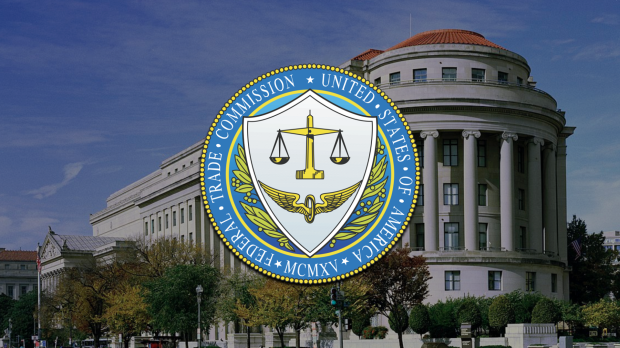
Table of Contents
The FTC's Arguments Against the Merger
The Federal Trade Commission (FTC) has voiced serious concerns regarding the Microsoft-Activision merger, citing potential harm to competition and consumers. Their core arguments center on reduced competition, the potential for anti-competitive practices, and ultimately, consumer harm. A key focus is the Call of Duty franchise, a massively popular video game series owned by Activision Blizzard.
- Stifled Competition: The FTC argues that Microsoft's acquisition of Activision Blizzard would significantly reduce competition in the gaming market. The acquisition would grant Microsoft control over key gaming titles, potentially giving them an unfair advantage over competitors.
- Exclusive Content and Higher Prices: A major concern is the potential for Microsoft to make Call of Duty and other Activision Blizzard titles exclusive to its Xbox ecosystem, or to raise prices for gamers on competing platforms. This would limit consumer choice and potentially harm players on PlayStation and other gaming systems.
- Leveraging Market Dominance: The FTC believes Microsoft could leverage its control of Activision Blizzard's titles to harm its competitors, potentially driving them out of the market or forcing them to accept unfavorable terms. This could lead to a less competitive and innovative gaming landscape.
Microsoft's Defense and Counterarguments
Microsoft has strongly defended its acquisition of Activision Blizzard, arguing that the merger will benefit gamers and not harm competition. Their counterarguments aim to address the FTC's concerns directly.
- Call of Duty Remains Multi-Platform: Microsoft has repeatedly pledged to keep Call of Duty available on PlayStation and other competing platforms, even going so far as to sign binding agreements to ensure its continued availability.
- No Significant Reduction in Competition: Microsoft argues that its market share in the gaming industry, even with the acquisition, would not be significantly large enough to create a monopoly. They point to the strong competition from other major players in the gaming market.
- Concessions to Address Concerns: Microsoft has offered various concessions to the FTC and other regulatory bodies to address their concerns, demonstrating a willingness to compromise and ensure a fair and competitive market.
The Appeal Process and Potential Outcomes
The FTC's appeal will now move through the legal process. This FTC appeal process involves a complex legal battle, encompassing detailed legal briefs, potential court hearings, and extensive review under antitrust law.
- Timeline: The appeal process could take months, even years, to conclude. It involves multiple stages, from filing the appeal to potential court hearings and eventual rulings.
- Potential Outcomes: Several outcomes are possible. The court could reverse the initial ruling allowing the merger, uphold the initial ruling blocking it, or potentially order a negotiated settlement between the FTC and Microsoft.
- Impact on the Gaming Industry: The outcome will significantly impact the gaming industry. Allowing the merger could lead to greater consolidation, while blocking it could preserve a more competitive landscape.
Implications for Gamers
The FTC appeal holds significant implications for gamers worldwide. The uncertainty surrounding the Microsoft-Activision merger directly impacts their gaming experience.
- Price Increases and Exclusive Content: Depending on the outcome, gamers could face price increases for popular titles or see their favorite games become exclusive to certain platforms, limiting their access.
- Uncertainty about the Future of Games: The legal battle creates uncertainty for gamers about the future of their favorite franchises and the overall gaming landscape.
- Impact on Game Development and Innovation: The merger's outcome could affect future game development and innovation, depending on whether it encourages or stifles competition and investment in new titles.
The Broader Implications for the Tech Industry
The FTC's appeal extends beyond the gaming industry, setting a significant precedent for future tech mergers and acquisitions. This antitrust lawsuit and its subsequent FTC appeal carry broad implications for antitrust regulation and the behavior of large tech companies.
- Precedent for Future Tech Mergers: The outcome of this case will heavily influence how future tech mergers and acquisitions are reviewed and regulated. It will establish a significant benchmark for regulators and companies alike.
- Impact on Antitrust Regulations and Enforcement: This case underscores the increased scrutiny applied to large tech companies and the increasing importance of antitrust regulations in maintaining fair competition.
- Increased Scrutiny of Big Tech: The FTC's actions signal a potential shift toward stricter regulation and greater oversight of big tech companies and their mergers and acquisitions.
Conclusion
The FTC's appeal of the Microsoft-Activision merger ruling is a pivotal moment for the gaming industry and the broader tech sector. The potential outcomes – from impacting the availability and pricing of Call of Duty to setting precedents for future tech mergers – are far-reaching. The uncertainty surrounding the merger's fate underscores the complex interplay between antitrust law, corporate acquisitions, and consumer interests. Stay tuned for updates on the Microsoft and Activision Blizzard merger appeal and its impact on the future of gaming!

Featured Posts
-
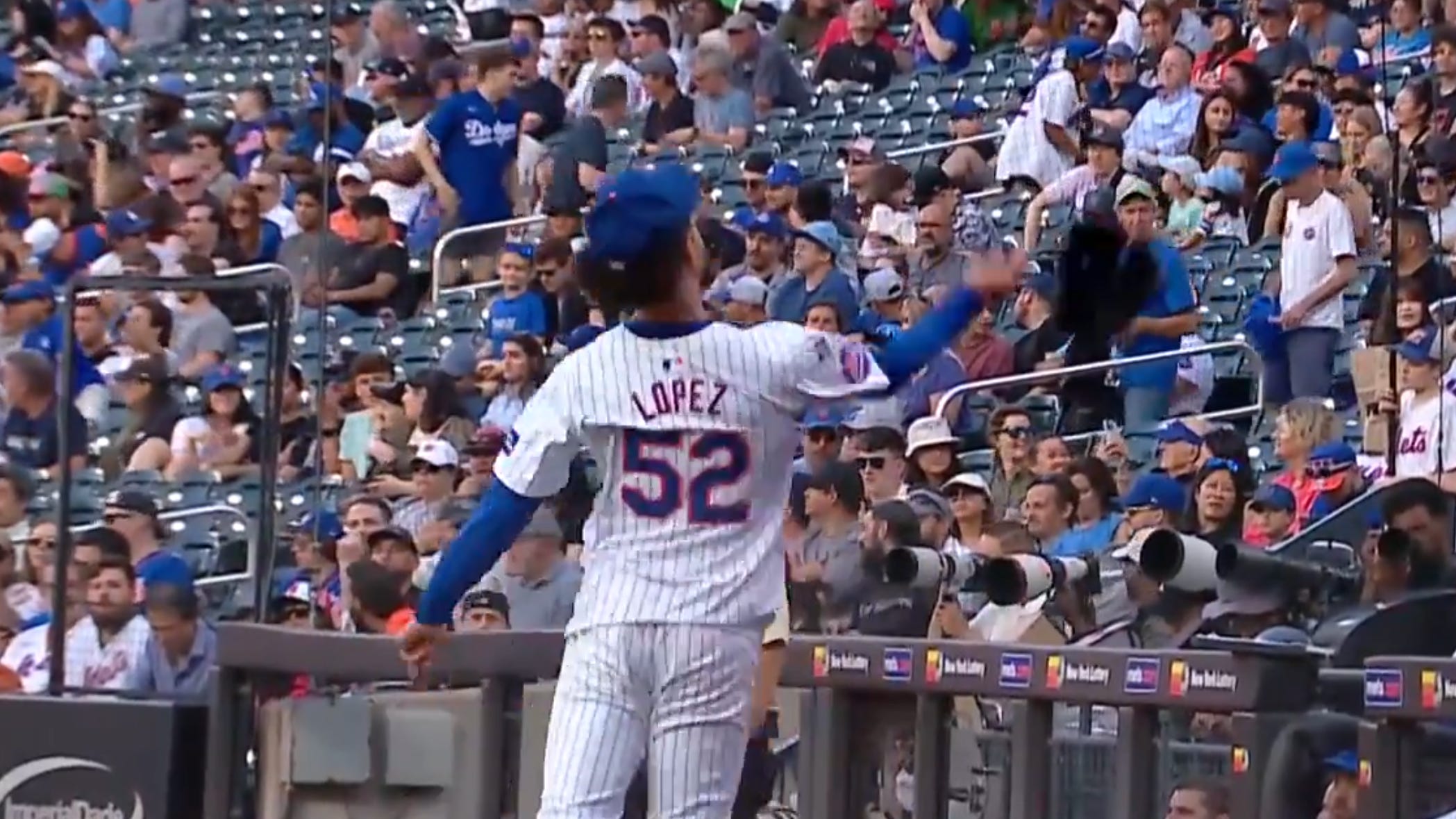 Mlb Suspends Jorge Lopez For Throwing At Pittsburghs Andrew Mc Cutchen
Apr 23, 2025
Mlb Suspends Jorge Lopez For Throwing At Pittsburghs Andrew Mc Cutchen
Apr 23, 2025 -
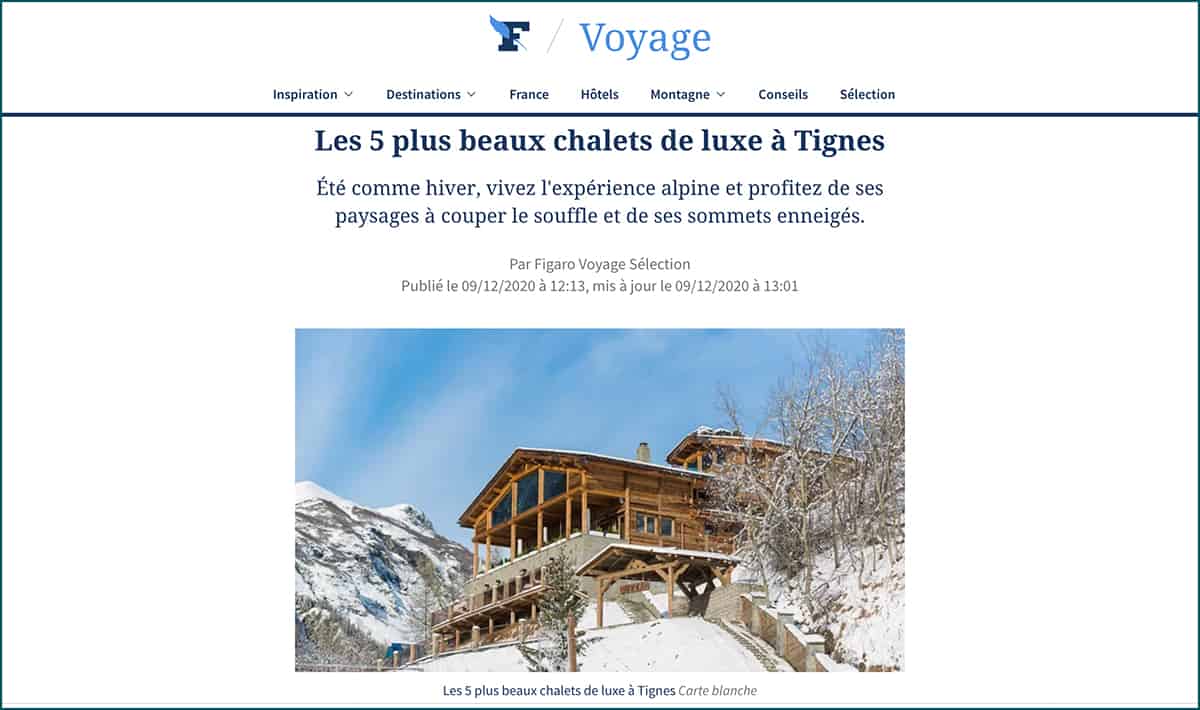 L Impact De La Carte Blanche Selon Marc Fiorentino
Apr 23, 2025
L Impact De La Carte Blanche Selon Marc Fiorentino
Apr 23, 2025 -
 Prediksi Jodoh Weton Senin Legi Dan Rabu Pon Menurut Primbon Jawa
Apr 23, 2025
Prediksi Jodoh Weton Senin Legi Dan Rabu Pon Menurut Primbon Jawa
Apr 23, 2025 -
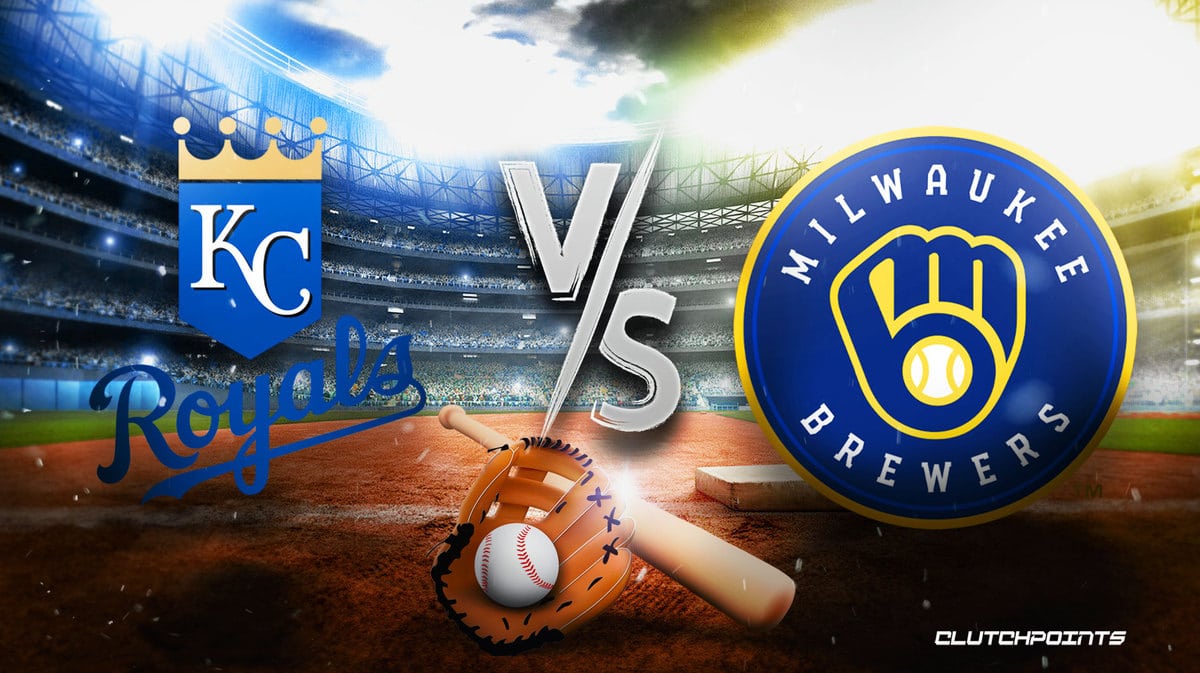 Royals Crush Brewers 11 1 In Home Opener
Apr 23, 2025
Royals Crush Brewers 11 1 In Home Opener
Apr 23, 2025 -
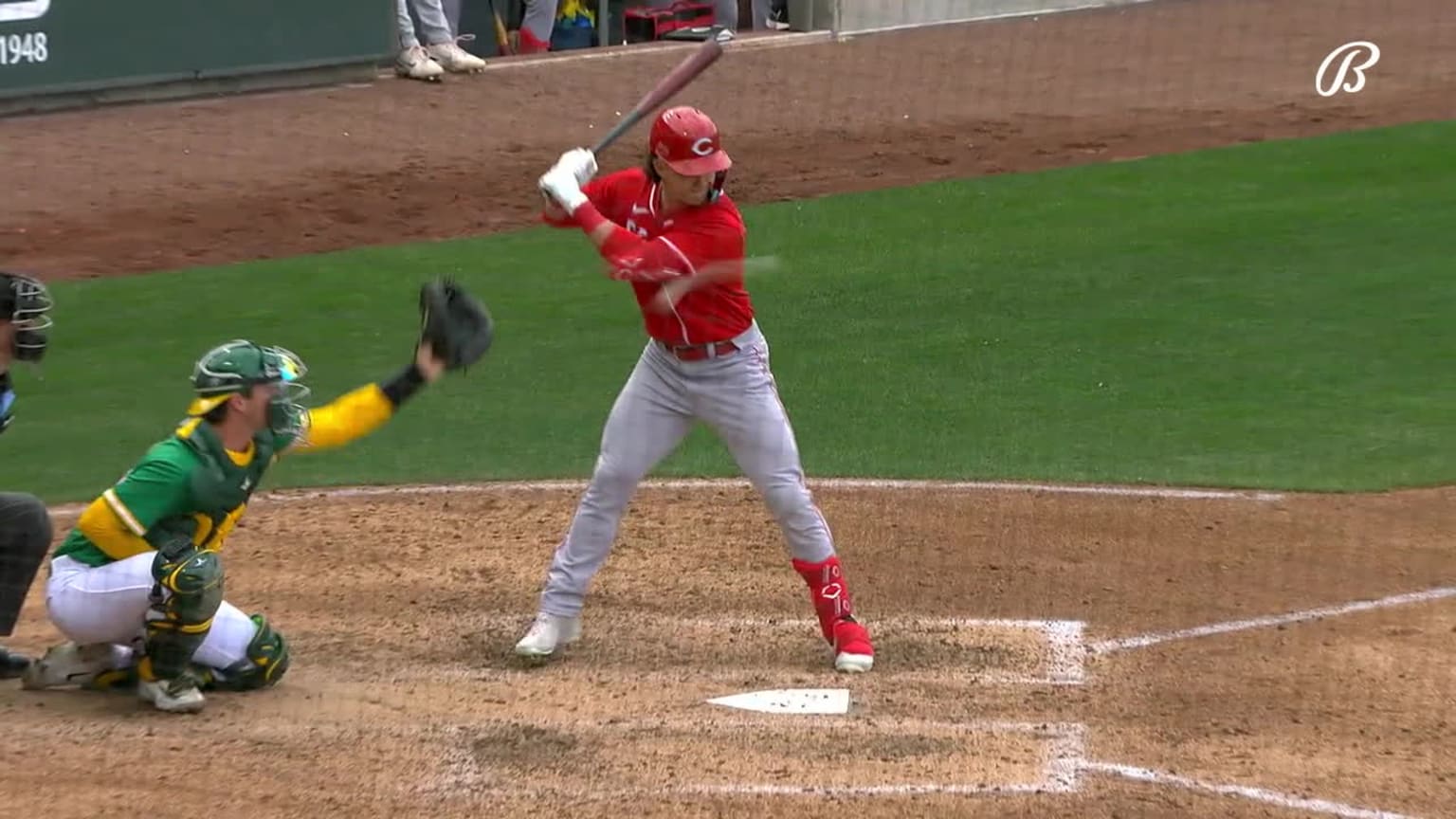 Reds Suffer Third Consecutive 1 0 Defeat
Apr 23, 2025
Reds Suffer Third Consecutive 1 0 Defeat
Apr 23, 2025
